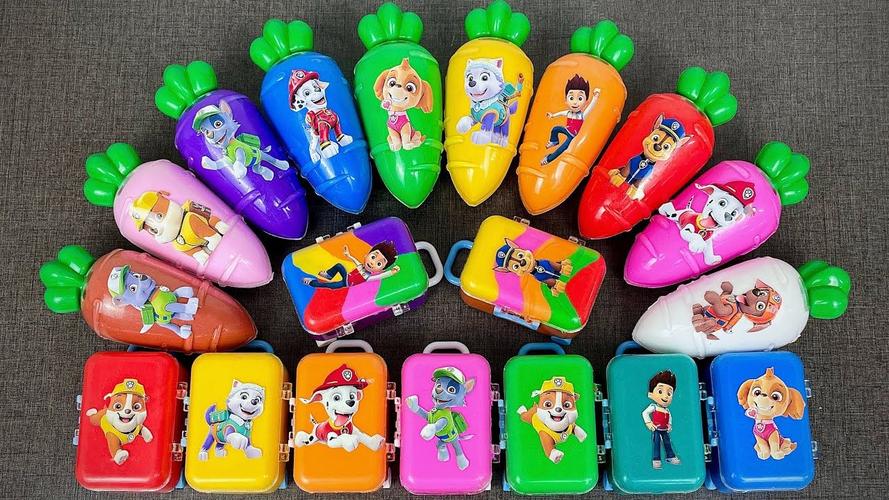HowtoChooseToysinEnglish
Choosing the right toys for children is important as it can impact their development and learning. Here are some tips on how to choose toys in English:
1. Consider the Child's Age and Developmental Stage
It is essential to choose toys that are age-appropriate and match the child's developmental stage. For example, infants and toddlers benefit from toys that stimulate their senses and help with motor skills, such as soft toys, rattles, and building blocks. Older children may enjoy toys that encourage problem-solving, creativity, and social interaction, such as puzzles, art supplies, and board games.
2. Look for Educational Value
Choose toys that have educational value and can help children learn new skills. Look for toys that promote cognitive development, language skills, fine motor skills, and social skills. Educational toys such as alphabet blocks, counting games, and science kits can be both fun and beneficial for children's learning.
3. Consider Safety and Durability
When choosing toys, prioritize safety and durability. Make sure the toys are made of non-toxic materials and do not have small parts that could be a choking hazard. Check for any sharp edges or points that could harm the child. Additionally, opt for toys that are easy to clean and maintain to ensure they last longer.
4. Encourage Active Play
Encourage children to engage in active play by choosing toys that promote physical activity and movement. Outdoor toys such as balls, bicycles, and jump ropes can help children stay active and develop gross motor skills. Indoor toys like dance mats, hula hoops, and balance boards can also provide opportunities for active play.
5. Foster Creativity and Imagination
Select toys that foster creativity and imagination in children. Toys like building sets, dress-up costumes, and pretend play props can inspire children to use their imagination and creativity. These types of toys allow children to role-play, problem-solve, and express themselves creatively.
6. Limit Screen Time Toys
Avoid toys that promote excessive screen time, such as electronic devices and video games. While some screen time can be educational, it is essential to limit the use of electronic toys and encourage children to engage in hands-on, interactive play that stimulates their senses and creativity.
7. Rotate Toys Regularly
To keep children engaged and interested in their toys, consider rotating them regularly. By introducing new toys and rotating old ones, you can keep playtime fresh and exciting for children. This also helps prevent toy clutter and allows children to fully explore and enjoy each toy.

By following these tips and guidelines, you can choose toys that are not only fun and engaging but also beneficial for children's development and learning.











